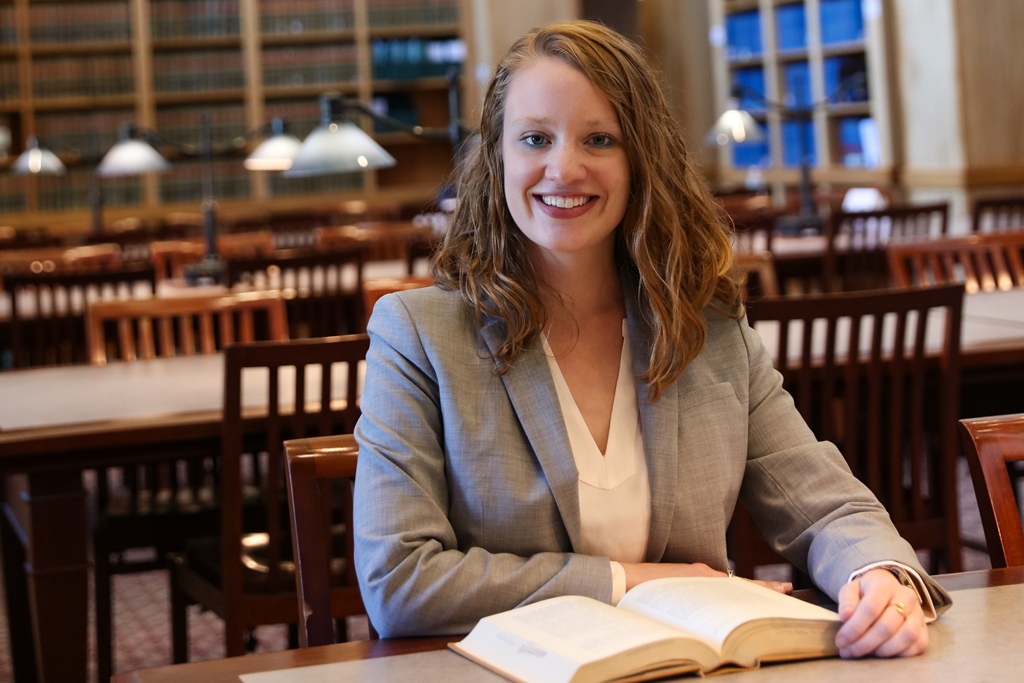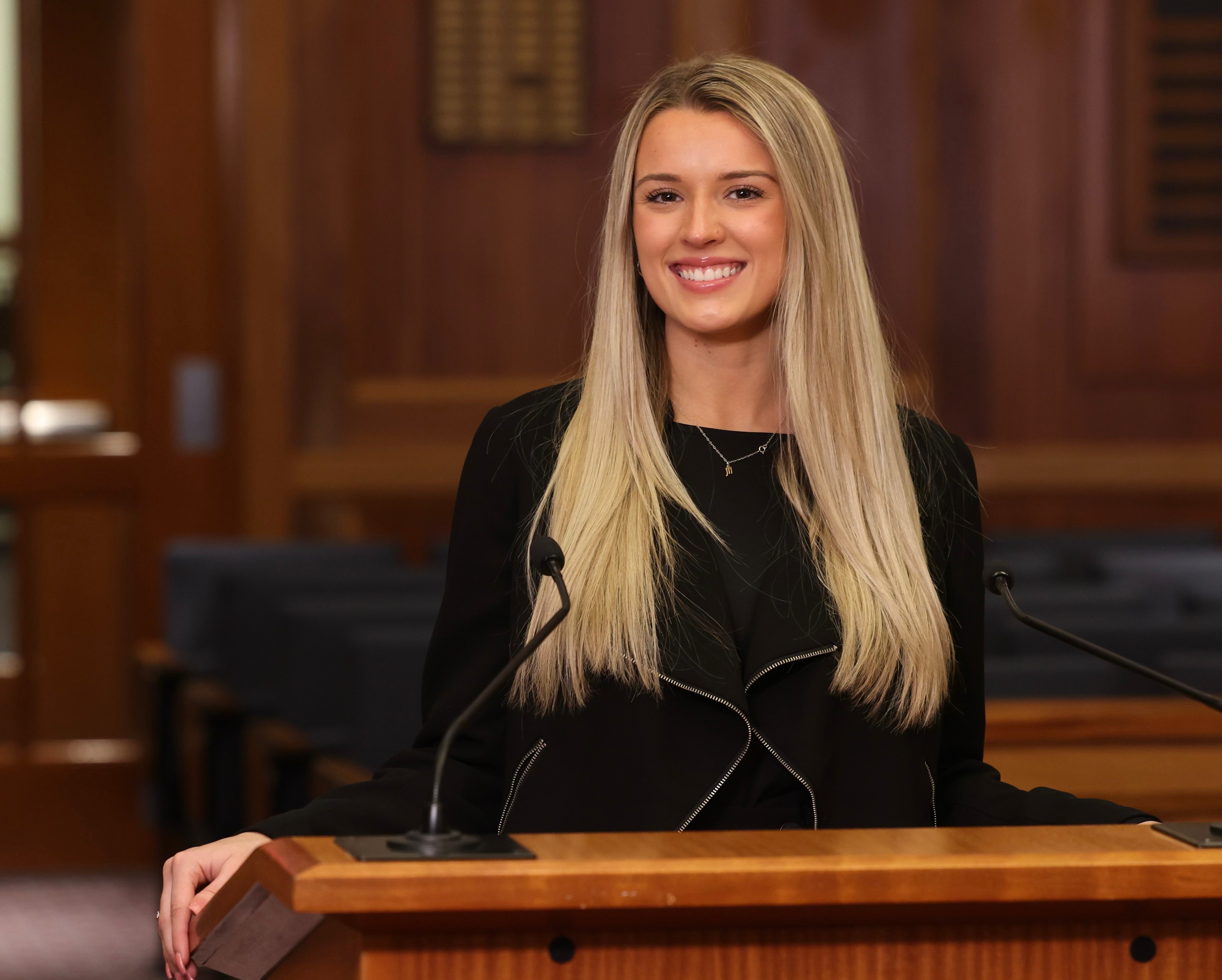By Rachel N. Shute
In my second year of law school, I was a staff member on Law Review and wrote a Note on parents with disabilities facing the termination of their parental rights in Massachusetts.
Law Review staff members spend much of our time working on our Note and cite checking soon-to-be-published pieces. A strong Note is important because the Law Review prides itself on publishing unique and relevant pieces, in the hopes of being cited by other legal scholars, and a staff member’s Note is one of the key factors in being selected for the Law Review Editorial Board.
For my Note topic, I chose an area of law where I wanted to make a difference, where I hoped my research could help lawyers and clients access justice. After interning at the Suffolk Juvenile Court for the summer, I believed that families with disabilities needed additional resources when fighting to maintain custody and family unity. I spoke with a practicing attorney from the Massachusetts Department of Children and Families who pointed to a recent letter of reprimand from the US Department of Justice. I used this letter as the initial framework and inspiration for my research.
Each month, I had to meet a deadline by completing a certain portion of my Note. I started simply with a topic, expanded my research to draft an introduction and compile a source list, then I crafted the history, and gradually formulated my analysis. To meet these deadlines, I set aside at least one six-hour block of time each week to work solely on my Note, whether I was researching, writing or editing. During the school week, I balanced homework, interning and Law Review by being conscious of my schedule and my deadlines. I did my homework during the week, often between classes or before and after my internship. This mean I often spent my Fridays and Sundays working on my Note.
By March, my Note contained more than 135 footnotes, which incorporated 85 legal sources. I submitted my Note to the Review Committee—the Editor-in-Chief, Executive Editor and Senior Managing Editor—who determined my Note was of “publishable quality.” This was what I needed: it meant my Note satisfied the length and source requirements, flowed well and presented a unique, relevant and supported legal argument. And it means that during my third year, my Note will move through the editing process before being published in Volume L of the Suffolk University Law Review in April 2017.
Rachel N. Shute JD’17 was the Content Editor for Suffolk University Law Review and a student-attorney in the Juvenile Defender Clinic. She was a member of the American Constitution Society and the Magister of Phi Delta Phi, and interned with Suffolk Juvenile Court, Suffolk County District Attorney’s Office and the United States Attorney’s Office. Shute currently is an Assistant District Attorney in Middlesex County, Mass.













Follow Us